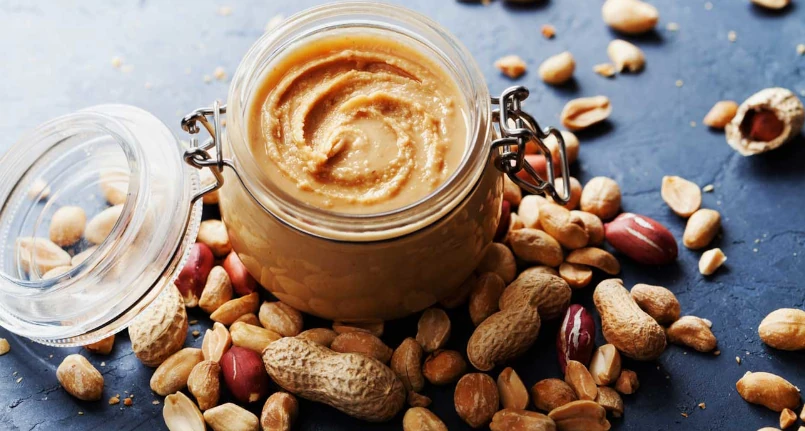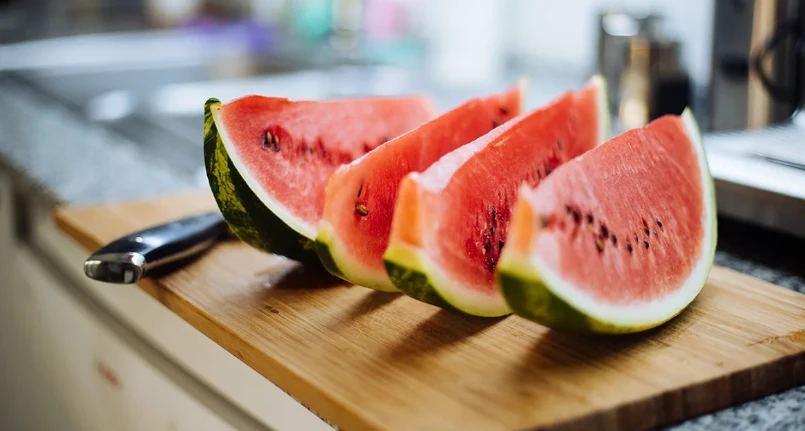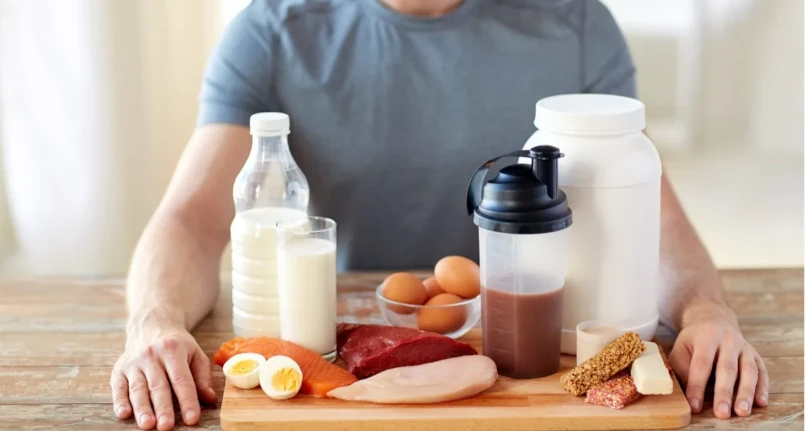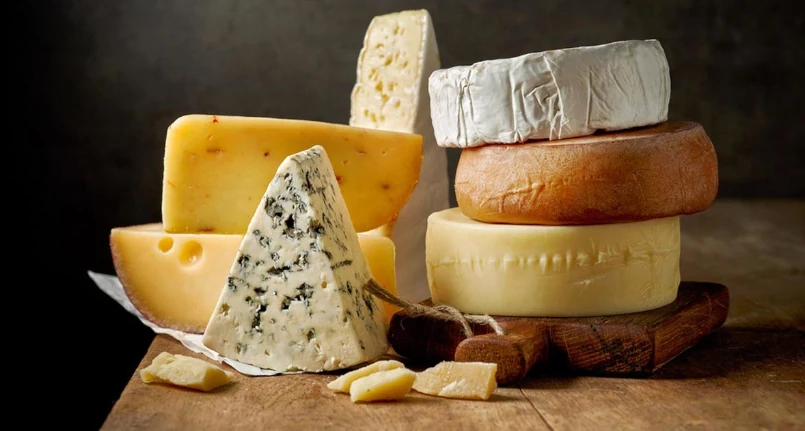Daily protein requirement
Proteins are made up of 20 amino acids , eight of which are essential (+1 for children), which means that the body is unable to produce them on its own and it is therefore necessary to introduce them with a balanced and healthy diet .
The amount of protein to be taken daily depends on a variety of factors, including age, gender (or rather, muscle mass), physical activity and any special physiological, para-physiological or pathological conditions.
The minimum amount, to avoid deficiency, would be: 0.8 grams of protein per kilogram of body weight per day; the maximum depends on the bibliographic source consulted and on the case in question – some bodybuilders even exceed 3.0 g / kg. Most endurance athletes range from 1.4 to 1.6, while strength athletes range from 2.3 to 2.4.
Diet alone can provide more than enough protein, even if you’re eating a vegetarian or vegan diet . However, plant-based foods don’t always contain complete proteins or proteins that have all eight to nine essential amino acids . So, if no animal products are consumed , it is advisable to bring a variety of plant proteins to the table throughout the day to get all the amino acids.
For a better timing of daily proteins, it can also be useful to eat them for breakfast .
The most protein foods
Chicken and turkey
Chicken Breast : 23.09g of protein
Chicken is a popular and versatile food choice . It can be baked, roasted, fried , grilled, and drizzled with oil, accompanied by your favorite vegetables and foods high in complex carbohydrates , such as quinoa , farro , or brown rice . Poultry might be one of the best foods when it comes to all-around nutrition : it’s high in protein and B vitamins and low in saturated fat .
Turkey breast: 24.60 g of protein
Turkey breast or ground turkey meat are two other healthy foods that are high in protein and low in carbohydrates . They contain B vitamins and heme iron , a form of iron found only in animal products that is better absorbed by the body.
Salmon and Shrimps
King Salmon (chinook): 20.25 g of protein
Salmon is perhaps one of the best protein-rich foods due to its heart- healthy omega-3 fatty acids . A food that is recommended to be eaten twice a week. Salmon is also an excellent source of vitamin D , which is hard to find in many foods. Tuna and Salmon . Here are the differences between them.
Shrimps : 20.31 g of protein
Shrimp is a popular food that is high in protein and low in fat. One serving has just 100 calories and 1.4 grams of fat, as well as selenium , vitamin B12 and phosphorus . Shrimp is a healthy (and tasty) appetizer.
Lean beef
Beef, trimmed tenderloin (3mm fat ): 22.06g protein
Another top of the charts when it comes to high-protein, low-carb foods is beef . A lean steak contains 90 percent of your daily protein requirement . It is also an excellent source of B vitamins and iron.
However, consumption of red meat (such as beef ) is associated with an increased risk of heart disease , cancer , and type 2 diabetes . That’s why nutrition experts recommend limiting your intake to one cooked serving per week. Choose leaner cuts of meat to take in less saturated fat , the type of fat thought to contribute to chronic disease.
Tofu and Tempeh
Prepared solid tofu , with calcium sulphate : 15.78 g of protein
Tofu comes from soybeans and is one of the best protein-rich vegan foods because it provides a complete protein. Just 1 cup of raw firm tofu contains 87% of the amount of protein you should consume in a day. Tofu, which can take the shape and taste of anything you cook it with, also offers fiber , plant-based iron and 132 percent of the recommended daily intake of calcium .
Tempeh : 18.54 g of protein
Tempeh comes from fermented soybeans, but unlike tofu, tempeh has a nutty flavor and chewy texture. It is often used as a meat substitute. Like tofu, tempeh is a great plant-based source of complete protein. It also provides iron and potassium .
In this article the health benefits of soy foods
Canned tuna
Canned albacore, pickled, drained: 23.6 g protein
Canned tuna is a popular lunch, whether mixed into a salad or sandwich . Tuna is known for its high levels of mercury , but the canned “light” variety tends to have lower levels. Contains protein and omega -3 fatty acids , which support heart health.
Lentils and black beans
Cooked, boiled lentils: 9.02 g of protein
Lentils are a great vegetarian food that is high in protein. Not only that, they also provide solid sources of fiber, potassium, folate , and antioxidants . Eating lentils regularly contributes to the improvement of cholesterol and blood sugar levels .
Cooked black beans , boiled: 8.86 g of protein
Eating a variety of beans (and mixing them with rice ) is a good way to get the complete protein your body needs, especially if you don’t eat meat or other animal products. Black beans contain iron, calcium, fiber and protein. A diet that regularly includes dishes based on beans, lentils and legumes helps reduce the risk of developing chronic diseases.
Yogurt and Ricotta
Low-fat plain yogurt: 5.25 g of protein
Yogurt is one of the best high-protein breakfast foods due to its calcium , protein, and probiotic content . Probiotics are the good bacteria that are linked to improved gut and immune health. When choosing yogurt, avoid those with added sugar . Instead, opt for simple flavors and add fresh fruit for a boost of fiber.
Cow’s milk ricotta : 12.20 g of protein
Ricotta cheese, especially when mixed with fiber-rich fruit , is a complete and healthy snack due to its fat and protein content. The fat-free and low-fat versions provide the same amount of protein: 12.5 grams. Cottage cheese is also a good source of bone -supporting calcium .
Egg
Whole eggs : 13.00 g of protein
Eggs are one of the best protein-rich breakfast foods. Most of the protein content of eggs — two eggs have 24 percent of your daily protein requirement — is found in egg whites , but eating a yolk is also recommended , since it’s a good source of choline , the brain -supporting fat .
Cow’s milk and soy milk
Cow’s milk, skimmed: 3.60 g of protein
Milk is one of the best protein drinks. Cow’s milk contains a wide range of other crucial nutrients , including calcium, potassium and fat, and is often fortified with vitamin D. Together, calcium and vitamin D can help build and maintain strong bones.
Milk replacement vegetable drink, soy: 2.90 g of protein
An ever-popular “milk” choice for vegetarians , vegans, and dairy intolerant people, soy milk, or soy-based beverage, is one of the best high-protein, complete-protein milk substitutes. If you opt for a plant-based alternative to milk, always choose the fortified versions to ensure you’re getting important nutrients like calcium and vitamin D.
Peanut butter
Peanut Butter : 22.60 g of protein
Food loved by sportsmen, peanut butter is rich in proteins. Two tablespoons contain 7 grams of protein. The spread is also high in heart-healthy unsaturated fats and goes well with oatmeal , toast , bananas , and even pan-fried as a topping. While peanuts aren’t technically nuts —they’re legumes—nuts like almonds and cashews also provide plant-based protein, in smaller amounts (12 percent and 8 percent of the DV, respectively).




